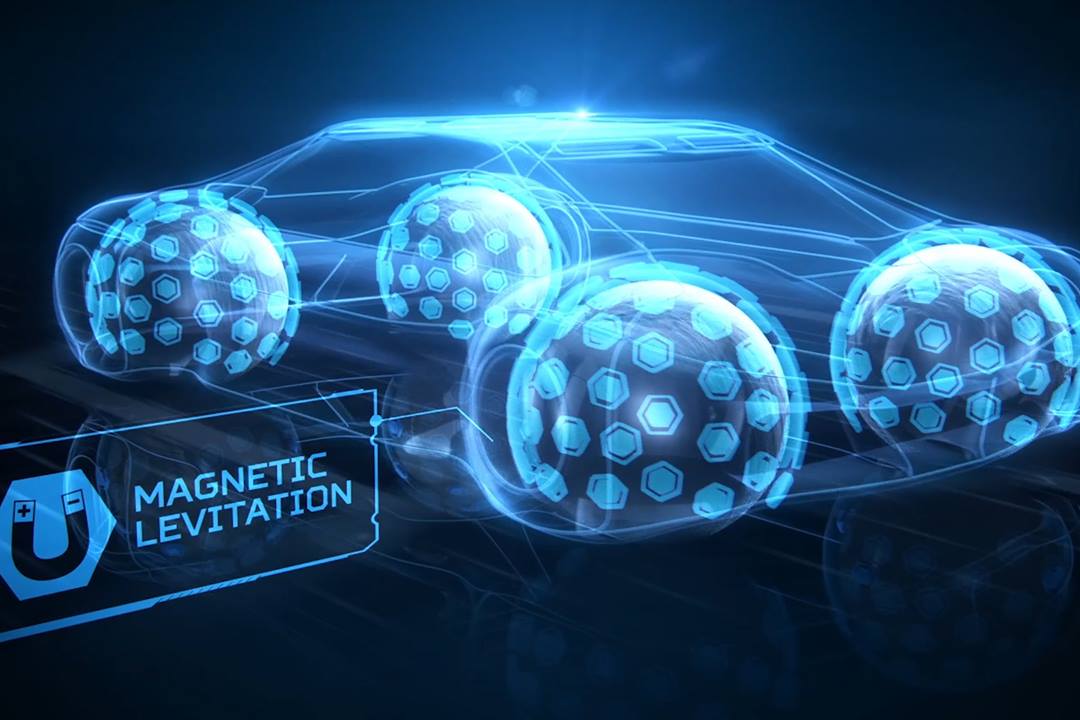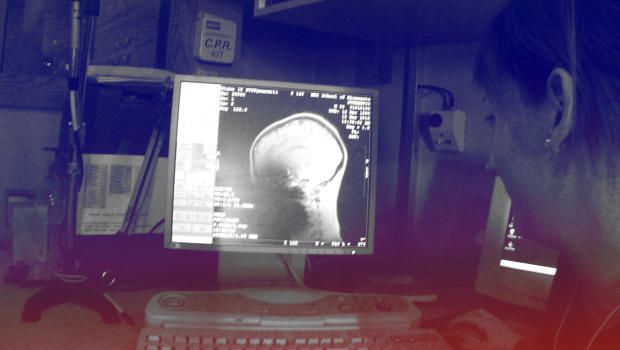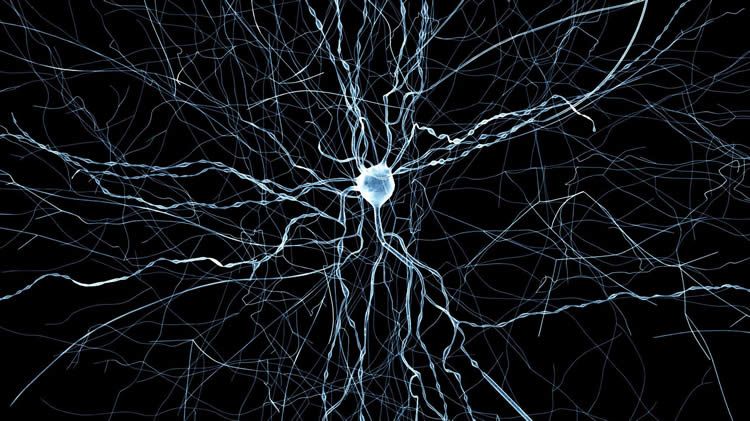Page 11380
Mar 4, 2016
Watch Monkeys Drive Wheelchairs With Just Their Thoughts
Posted by Karen Hurst in categories: computing, neuroscience, Ray Kurzweil, singularity

https://youtube.com/watch?v=L2O58QfObus
At this rate, we may see Ray Kurzweil’s vision of connected humans to the cloud and full singularity before 30 years.
Duke University scientists have given a pair of monkeys the ability to drive a wheelchair with their thoughts alone. The work is described in a paper recently published in the journal Scientific Reports and adds to a growing body of work in brain-machine interfaces aiming to return some freedom to the severely disabled.
Continue reading “Watch Monkeys Drive Wheelchairs With Just Their Thoughts” »
Mar 4, 2016
Investigators Use WGS, Mutational Analysis to Characterize Drug-Resistant Salmonella Epidemiology
Posted by Karen Hurst in categories: biotech/medical, genetics
The researchers sequenced bacteria samples sourced from all over the world to reconstruct a phylogenetic tree and learn how it evolved to have multidrug resistance.
Mar 4, 2016
Genome of Virulent Fungus Missing Parts of RNAi Pathways Present in Related Species
Posted by Karen Hurst in category: biotech/medical
Finding the missing link in RNAi Pathways.
By comparing Cryptococcus genomes, Duke researchers found that C. deuterogattii lacks certain RNAi pathway genes, possibly contributing to its high virulence.
Mar 4, 2016
A radical new study has pin pointed the most compelling locations where we could soon discover intelligent aliens
Posted by Sean Brazell in category: alien life
There are two types of aliens that humans could detect within the next century: Primitive…
Mar 4, 2016
Goodyear Thinks Tires Of The Future Will Be 3D-Printed Spheres
Posted by Shailesh Prasad in categories: 3D printing, transportation

These #3Dprinted sphere-shaped tires could be the future of automobiles thanks to Goodyear.
Mar 4, 2016
Bill Gates Explainer: A Mind-Blowing Fact | Bill Gates
Posted by Odette Bohr Dienel in category: energy

“Americans spend more on gas in a week than the government does on clean energy research in a year. Bill Gates does some back-of-the-envelope math to show how he arrived at that conclusion.”
Mar 4, 2016
The world’s biggest source of freshwater is beneath your feet
Posted by Shailesh Prasad in category: food
You might not give it more than a passing thought, but groundwater is a vital freshwater resource. In Australia alone, the reserves of groundwater help to earn the nation a steady A$34 billion a year from mining, food production and manufacturing.
But it’s also a vulnerable resource. Worldwide, about 1.7 billion people live in regions where groundwater is under stress, 60 percent of them in India and China.
US and Canadian researchers recently calculated the total amount of the world’s groundwater and estimated that it is equivalent to a lake 180 metres deep covering the entire Earth. This makes groundwater the largest active freshwater resource on the planet.
Continue reading “The world’s biggest source of freshwater is beneath your feet” »
Mar 4, 2016
Virtual Neurons Created by Blue Brain and the Allen Institute
Posted by Shailesh Prasad in categories: computing, neuroscience
The Allen Institute for Brain Science is releasing new, highly realistic computer models of neurons. The models were developed using tools and expertise from the Blue Brain Project.
The Allen Institute for Brain Science and the Blue Brain Project are deepening their collaboration. Today, the US-based Allen Institute is releasing a set of 40 computer models of neurons from the mouse visual cortex, created using tools developed by the Swiss-based Blue Brain Project at EPFL. Using Blue Brain technology, the researchers were able to reproduce the physiology and electrical activity of the neurons with an extremely high level of detail.
The Blue Brain Project is the simulation core of the Human Brain Project, a huge pan-European initiative. The scientific journal Cell recently published a long paper demonstrating the effectiveness of the Blue Brain Project’s modeling tools, focusing on the high accuracy and predictive power of the models and the discoveries they have already led to, including insight into the unexpected role of calcium. At the same time, the team has made these resources available to researchers around the world on a web-based platform.















